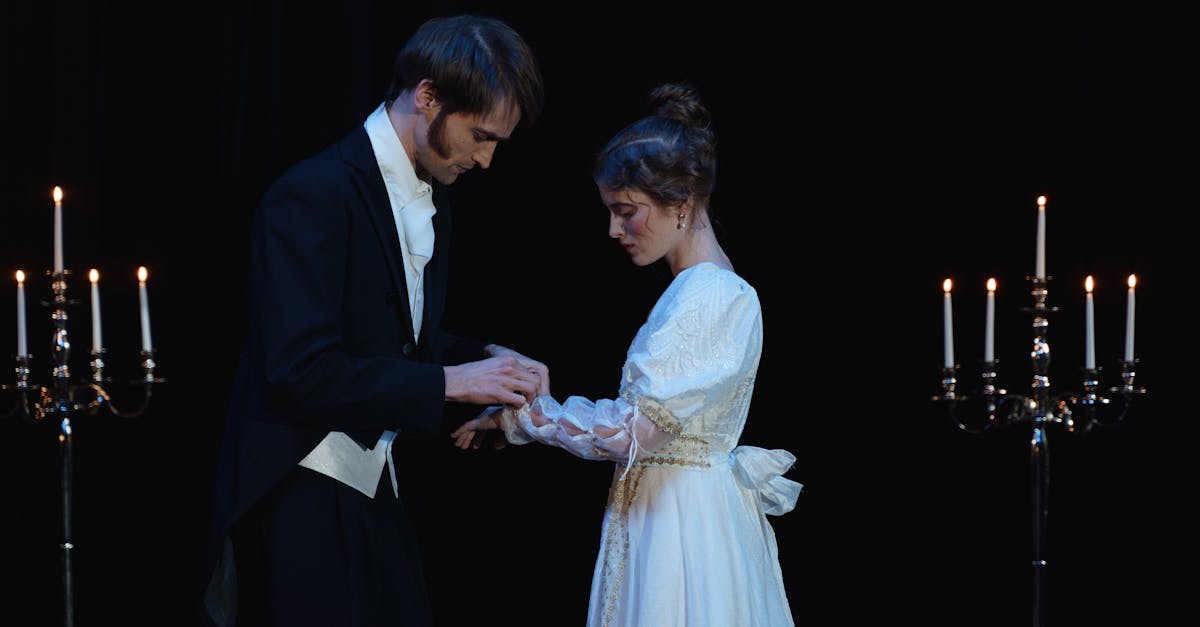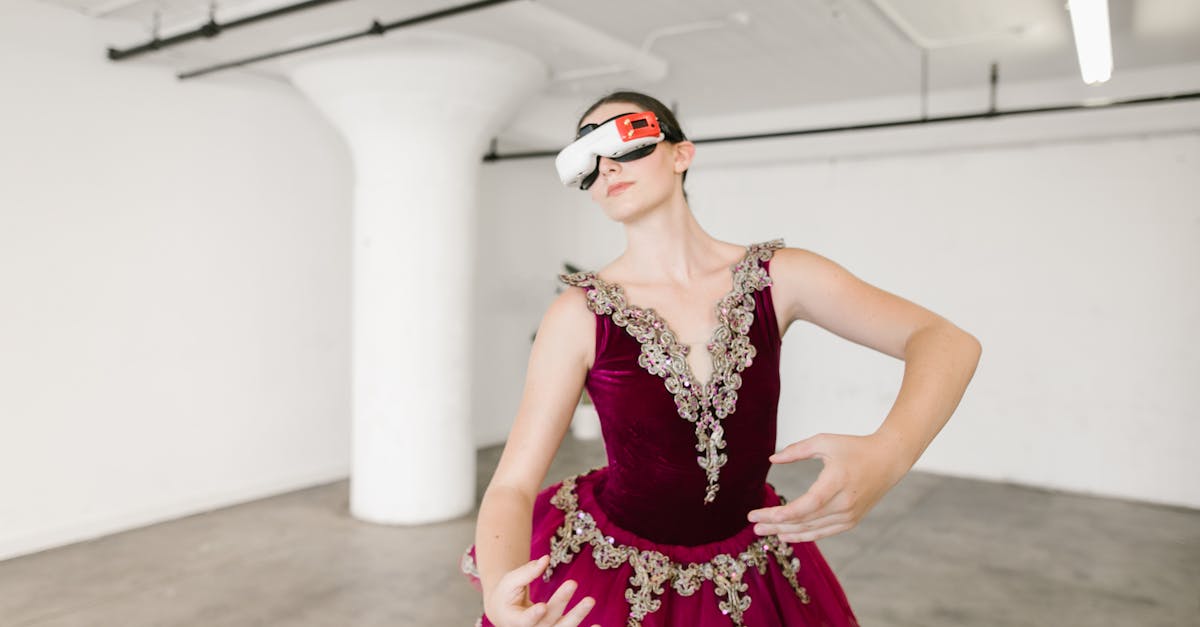The Allure of Visionary Arts Entertainment
Introduction to Visionary Arts Entertainment
Visionary Arts Entertainment is rapidly transforming the cultural landscapes around the globe. With its roots steeped in imagination and innovation, it's an artistic movement reshaping our understanding of creativity and expression. What exactly distinguishes visionary art from traditional forms? How does it influence the broader entertainment industry? Emerging technologies and revolutionary methods are driving this movement, crafting experiences that transcend ordinary art. By understanding its principles, one can appreciate the depth and breadth of visionary arts entertainment.
Advertisement
Origins and Evolution of Visionary Art
Visionary art finds its roots in the deep recesses of human consciousness, often inspired by spiritual experiences, dreams, and altered states of awareness. Historically, it draws inspiration from sacred art forms found in diverse cultures across the world. During the 1960s and 70s, with the rise of psychedelic culture and experimental art practices, visionary art gained notoriety. It diverged from mainstream art by daring to explore themes beyond the material world. Today, it embraces a fusion of ancient techniques and cutting-edge technology, appealing to modern audiences in novel ways.
Advertisement
Defining Characteristics of Visionary Art
Visionary arts stand apart due to their otherworldly themes and reflective content. Artists incorporate abstract, surreal, and often fantastical elements, aiming to evoke an emotive response. Central to its ethos is the exploration of transcendental themes—often touching upon spirituality, mythology, and the cosmos. These artworks seek to bridge the gap between the seen and unseen, inviting viewers into realms beyond ordinary perception. By doing so, they challenge audiences to rethink reality and their place within it.
Advertisement
Influence on Modern Entertainment
Visionary arts entertainment has profoundly influenced mainstream media, fueling a renaissance in film, music, and theater. Directors like Alejandro Jodorowsky and artists such as Alex Grey have contributed to a cinematic language steeped in visionary aesthetics. Music festivals such as "Burning Man" and "Envision" celebrate this art form, creating immersive experiences aimed at pushing boundaries. Even video games now incorporate elements of visionary art, creating interactive universes rich in symbolism and metaphysics. Through these diverse platforms, visionary art continues to captivate the modern audience, reshaping the entertainment landscape.
Advertisement
Role of Technology and Innovation
Technology has played a pivotal role in amplifying the reach and impact of visionary arts. Digital tools such as virtual reality (VR) and augmented reality (AR) allow artists to create multidimensional experiences that engage audiences on a deeper level. Art installations now incorporate holographic visuals, soundscapes, and sensory elements to craft unforgettable encounters. Platforms like NFTs (Non-Fungible Tokens) offer visionary artists new ways to share and monetize their work globally. This intersection of art and technology promises an exciting future, pushing the boundaries of what art can achieve.
Advertisement
Visionary Arts and Personal Transformation
At its core, visionary arts entertainment seeks to facilitate personal growth and transformation. Many explore these artworks as therapeutic tools, embarking on journeys of introspection and healing. They encourage mindfulness, allowing individuals to connect with deeper aspects of their psyche and ignite creativity. Workshops and retreats centered around visionary arts are becoming popular for their ability to foster community and collaboration. By transcending traditional art forms, visionary arts create spaces for dialogue, self-discovery, and collective transformation—elements essential in modern society.
Advertisement
Pioneers and Icons in Visionary Arts
Visionary arts have been shaped by trailblazers who challenged conventional norms and embraced the unknown. Icons like Ernst Fuchs and Martina Hoffmann have contributed significantly, presenting works that defy categorization. Their iconic pieces capture the fusion of mysticism and technique, serving as a blueprint for aspiring artists. Their legacy is carried by contemporary artists exploring spiritual dimensions, finding new pathways in art and entertainment. These pioneers laid the groundwork for future generations, contributing to the rich tapestry of visionary arts.
Advertisement
Critiques and Challenges
Despite its acclaim, visionary arts entertainment faces its share of critiques. Critics sometimes argue that its abstract natures lack clarity or actionable messages. The emphasis on spirituality and transcendence may not resonate with everyone, leading to alienation or misinterpretation. Yet, these debates stimulate discourse, challenging artists to evolve and refine their craft. The commercial aspects also present challenges, as artists balance authenticity and monetization. As with any genre, visionary arts must navigate these hurdles to maintain its integrity and role in cultural discourse.
Advertisement
Potential Future of Visionary Arts
The trajectory of visionary arts entertainment promises continued innovation. As technologies advance, artists are poised to explore new territories of creative expression. The integration of AI and machine learning may offer unprecedented collaborative opportunities between technology and human creativity. More platforms dedicated to showcasing visionary art are likely to emerge, expanding its global audience. Educational programs integrating visionary arts principles could cultivate a new generation of thinkers, artists, and dreamers. Such developments mark an exciting era for art enthusiasts and the entertainment industry at large.
Advertisement
Conclusion: Embracing the Visionary Arts Movement
Visionary arts entertainment stands as a beacon of creativity and possibility in a rapidly evolving world. It transcends traditional boundaries, forging connections between art, technology, and personal transformation. Its influence reaches far beyond aesthetics, offering profound experiences that challenge perception and expand consciousness. As this movement continues to flourish, it invites both artists and audiences to explore the depths of imagination and reality. Embracing the visionary arts movement is a celebration of innovation, healing, and global culture, enriching our lives with inspiration.
Advertisement








